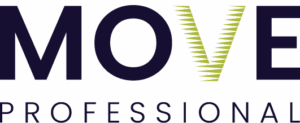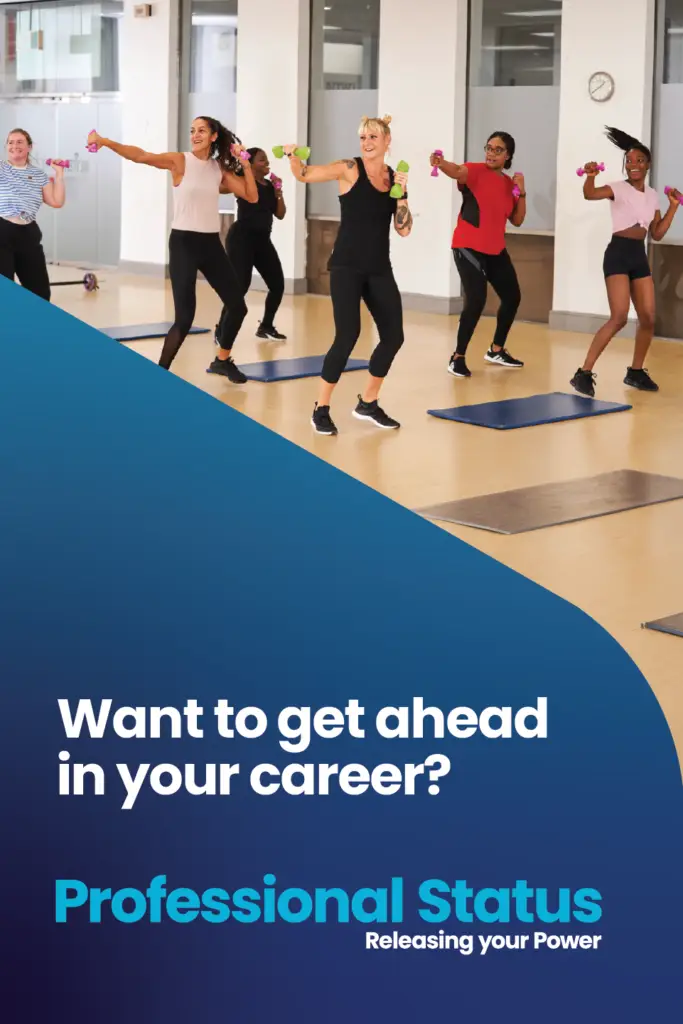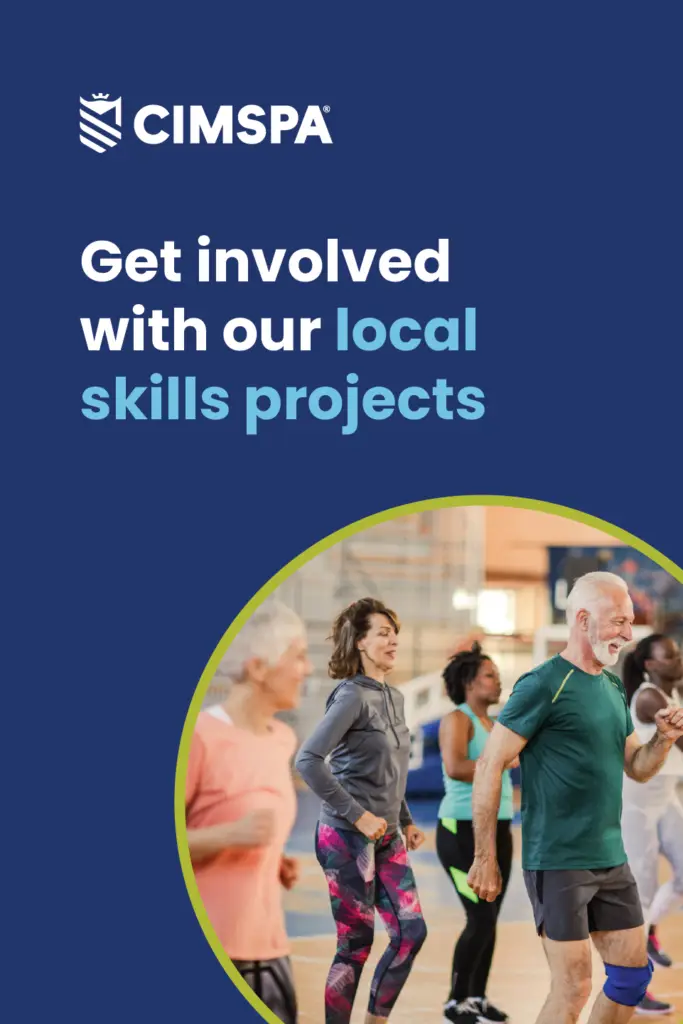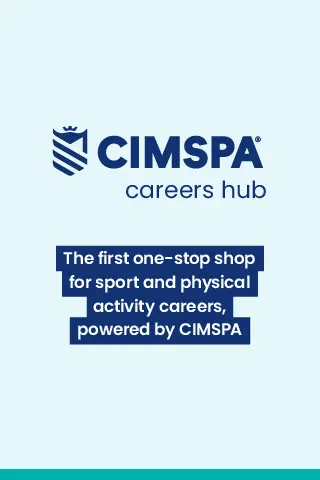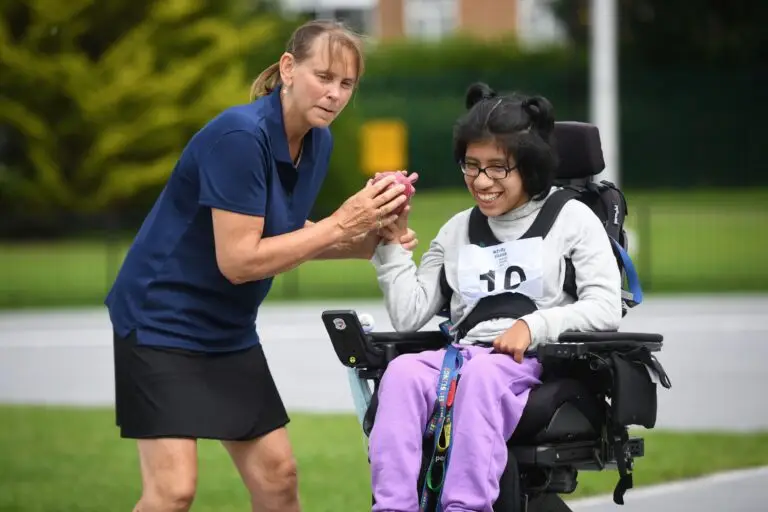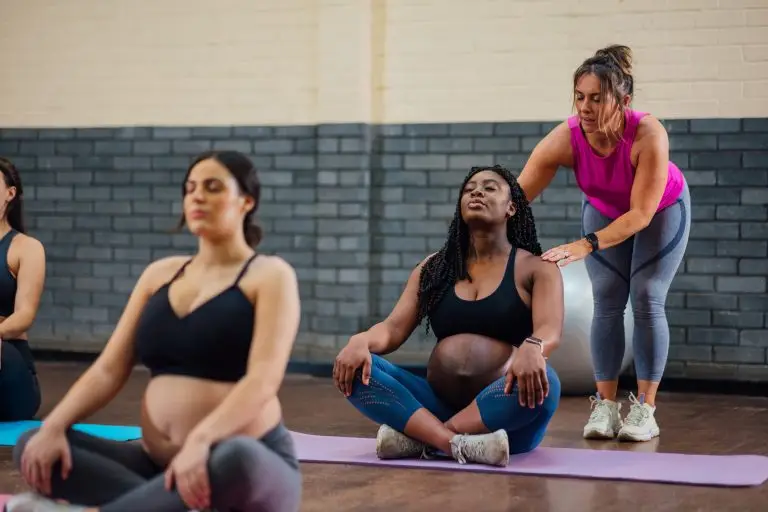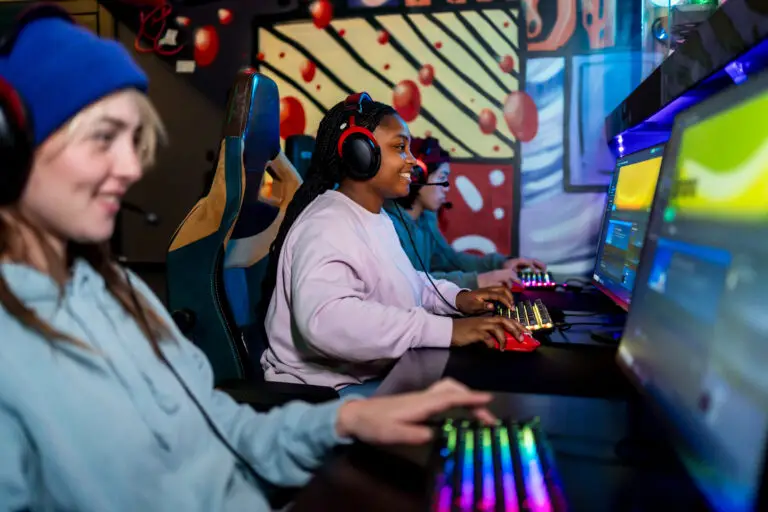More than movement
Data shows us that the dial on engaging under-represented communities in physical activity continues to move incredibly slowly.
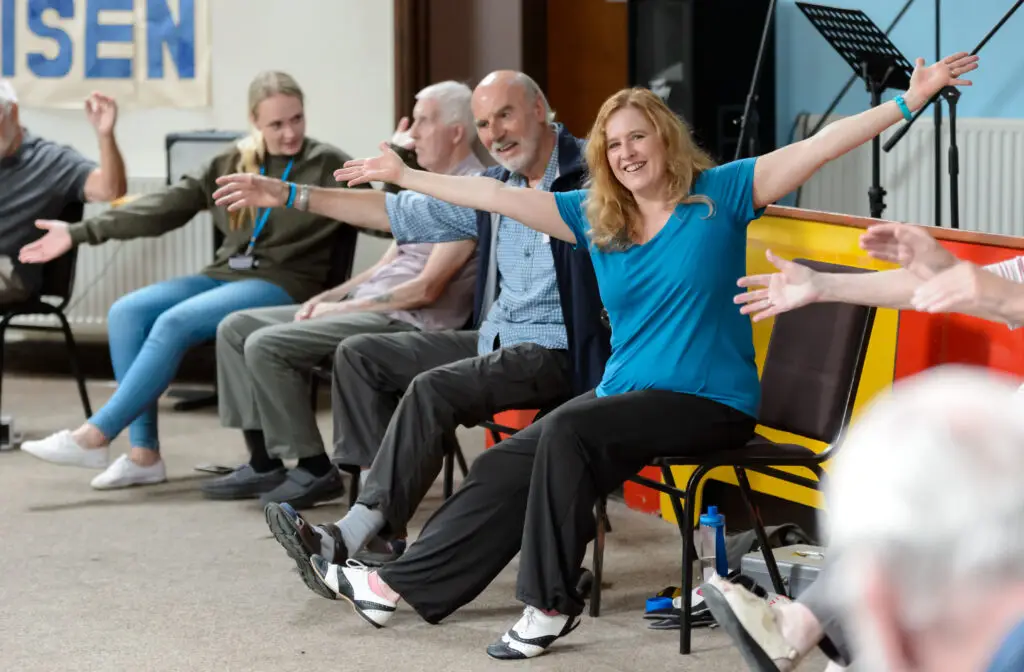
Here we look at how activity led by professionals with lived experience is the key to turbo-charging that movement.
In an increasingly divided world, it’s not politicians or platforms that are bridging the gaps between us, it’s something far more grounded – the power of movement. From neighbourhood running groups to inclusive fitness classes, sport and physical activity are proving to be powerful tools for building stronger, more connected communities.
Behind this movement is a dedicated, skilled and often underappreciated workforce. Professionals in the sport, physical activity and active wellbeing sector are doing more than promoting fitness. They’re addressing some of society’s most challenging issues including loneliness, youth disengagement, inequality and the mental health crisis.
Through their hands-on work, innovative programme design and, critically, their lived experience, these professionals are transforming physical activity into a vehicle for community cohesion, inclusion and hope.
A social powerhouse
Sport has always had the unique ability to unify people across different ages, ethnicities, genders, incomes and beliefs. Whether it’s grassroots football in a park or culturally specific dance classes in a community centre, shared movement can break down barriers and build bridges.
These outcomes don’t just happen by accident, they require careful design, facilitation and relationship-building led by professionals who bring deep empathy and connection to the role because they’ve lived the issues they’re addressing.
Is lived experience the most powerful qualification?
Increasingly, society is recognising that lived experience, whether of poverty, trauma, marginalisation, mental illness or exclusion, is not a negative but a strength. Professionals who have walked a similar path to the people they support often bring unique credibility, cultural understanding and insight.
They know what it means to feel out of place in a gym. They understand how hard it is to rebuild confidence after addiction. They know the fear of joining a group for the first time, and what it takes to keep coming back.
This insight allows them to build trust faster, relate authentically and create programmes and activity that truly reflect the needs and realities of participants. They’re not delivering to communities. Instead, they’re working within them, often as role models who reflect what’s possible.
Real-world impact
There are so many phenomenal examples of this work.
Wellness Warriors
A project by Phoenix Lifestyle Foundation and Buckinghamshire New University, Wellness Warriors is a pioneering initiative that uses sober running groups as a tool for healing.
What sets it apart? It’s led by professionals with direct lived experience of addiction, trauma, domestic violence or mental health struggles. They don’t approach participants as service users but as equals, with empathy born from shared challenges.
“The running is just the start,” says founder Lewis Baker. “It’s about forming connections, building self-belief and walking, or running, forwards together.”
Wellness Warriors shows how a practitioner’s lived experience isn’t a footnote – it’s the foundation of trust and relatability. The programme has helped participants achieve physical improvements and change their lifestyles. It’s also led some to take on coaching roles and help others to recover, creating a cycle of peer-led recovery.
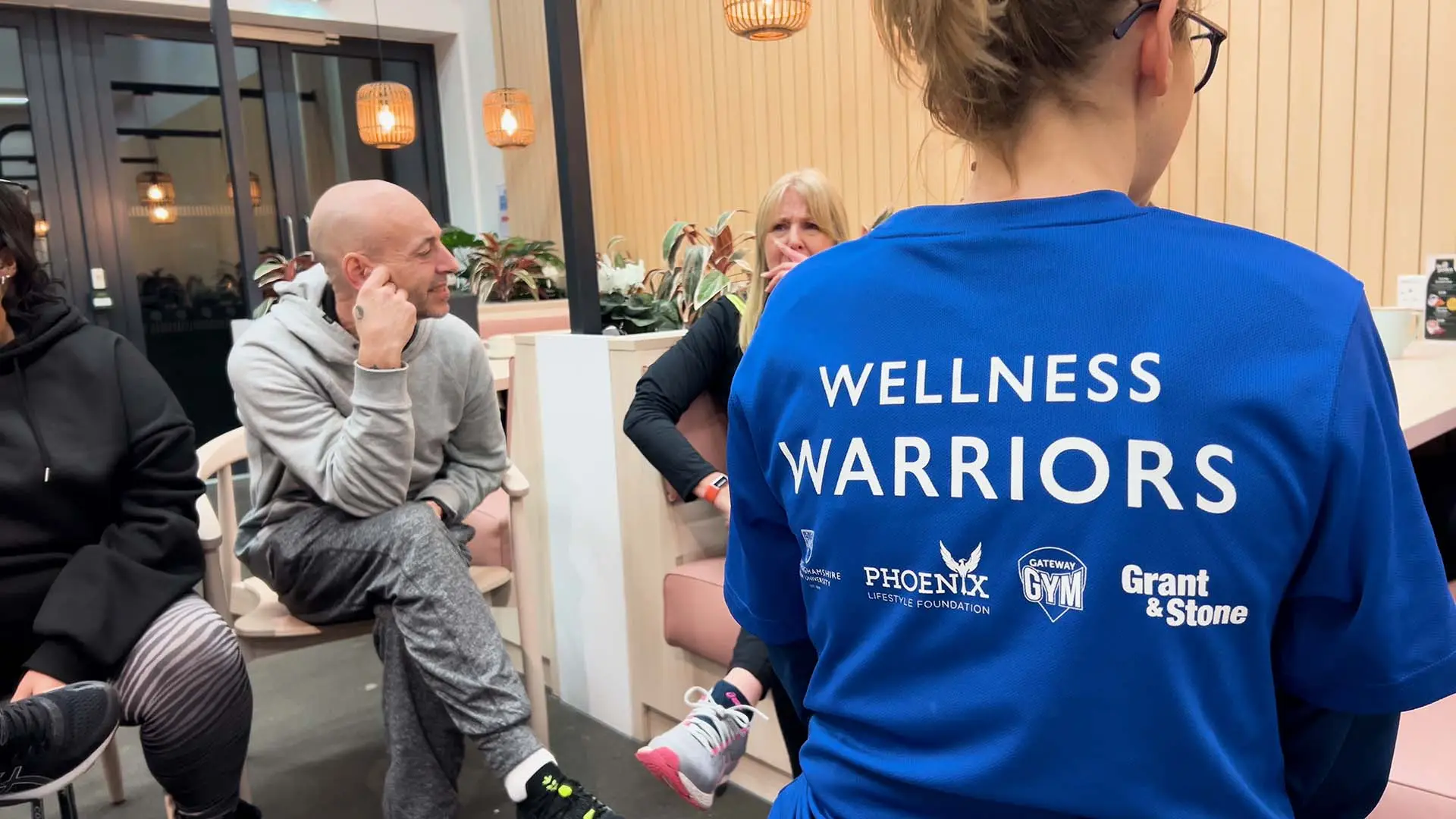
BBX Fitness
BBX Fitness turns culturally rooted movement – bhangra dance – into a powerful driver of wellbeing and inclusion.
BBX instructors share the background and lived experience of the people in many of the communities they serve, including people that face multiple barriers to participation in mainstream fitness.
This shared identity breaks down stigma and encourages engagement from participants who might otherwise feel excluded from physical activity. BBX demonstrates how professionals can use their background not just to deliver activity, but to create belonging. This is powerful and create a sense of community that everyone wants to be part of.
“It’s such a diverse range of people, everybody from those with white British background, we’ve got people from a Muslim background, Gujaratis, Hindus, people from an Indian Punjab background. We come together because dance brings us together. We’re all joined together by dance, by fitness, but actually by that spirit, that energy that keeps us going,” says Bally Bhogal, MD of BBX Fitness.
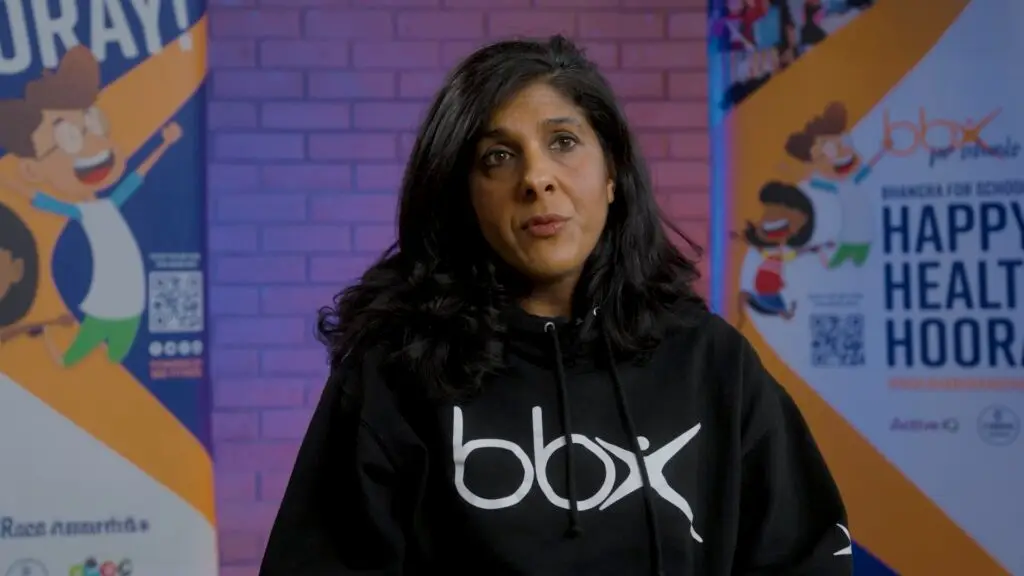
LS14 Trust
In the LS14 area of Leeds, an area marked by high levels of deprivation, the LS14 Trust uses sport as a driver for transforming lives. Their most powerful asset is the young leaders who’ve been through it themselves.
Dan Richardson, once disengaged and lacking direction, is now a Community Sports and Health Officer after completing an apprenticeship through Coach Core. His personal experience of overcoming barriers gives him a unique perspective when working with young people, asylum seekers and at-risk individuals.
“Sport gave me purpose,” Dan says. “Now I get to do that for others.”
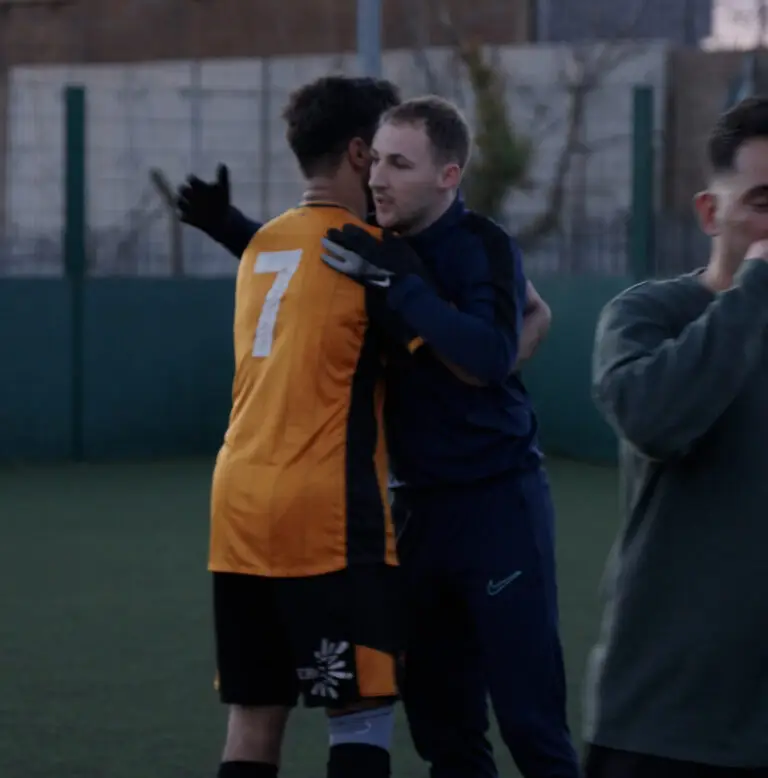
Scaling the power
Each of these examples illustrates how professionals with lived experience, supported by training and professional recognition, are actively shaping healthier, more inclusive communities.
Their work results in:
- reduced isolation for marginalised groups
- improved mental and physical health through accessible activity and empathetic support
- role modelling that inspires others from similar backgrounds
- prevention of youth disengagement and antisocial behaviour
- creation of sustainable local leadership rooted in lived knowledge.
Investing in the right people
The focus on lived experience as an asset, paired with high-quality training and career progression pathways, is helping to change the face of the sector and will ultimately be the catalyst for moving the dial on participation in inactive communities.
We’re championing:
- recognition of diverse entry points into the workforce
- flexible qualifications and micro-credentials for those with non-traditional backgrounds
- partnerships with community organisations to support inclusive recruitment
- training aligned to professional standards to support populations that face additional parries to being active.
By valuing both experience and expertise, we’re helping to create a workforce that reflects, represents and supports the communities it serves.
Sport and physical activity isn’t just about getting fit. It’s also about getting connected. Professionals who lead this work more than coaches or instructors, many are peers, mentors and role models who bring lived experience to the heart of a community.
The insight and value that they bring won’t be found in a textbook. It is forged through lived challenges, reflection on those challenges and their choice to give something back to their community. When combined with accredited training, support and recognition, their impact increases exponentially.
These professionals are living proof that people change lives more than activity programmes alone do, especially when they’ve walked the path themselves.




